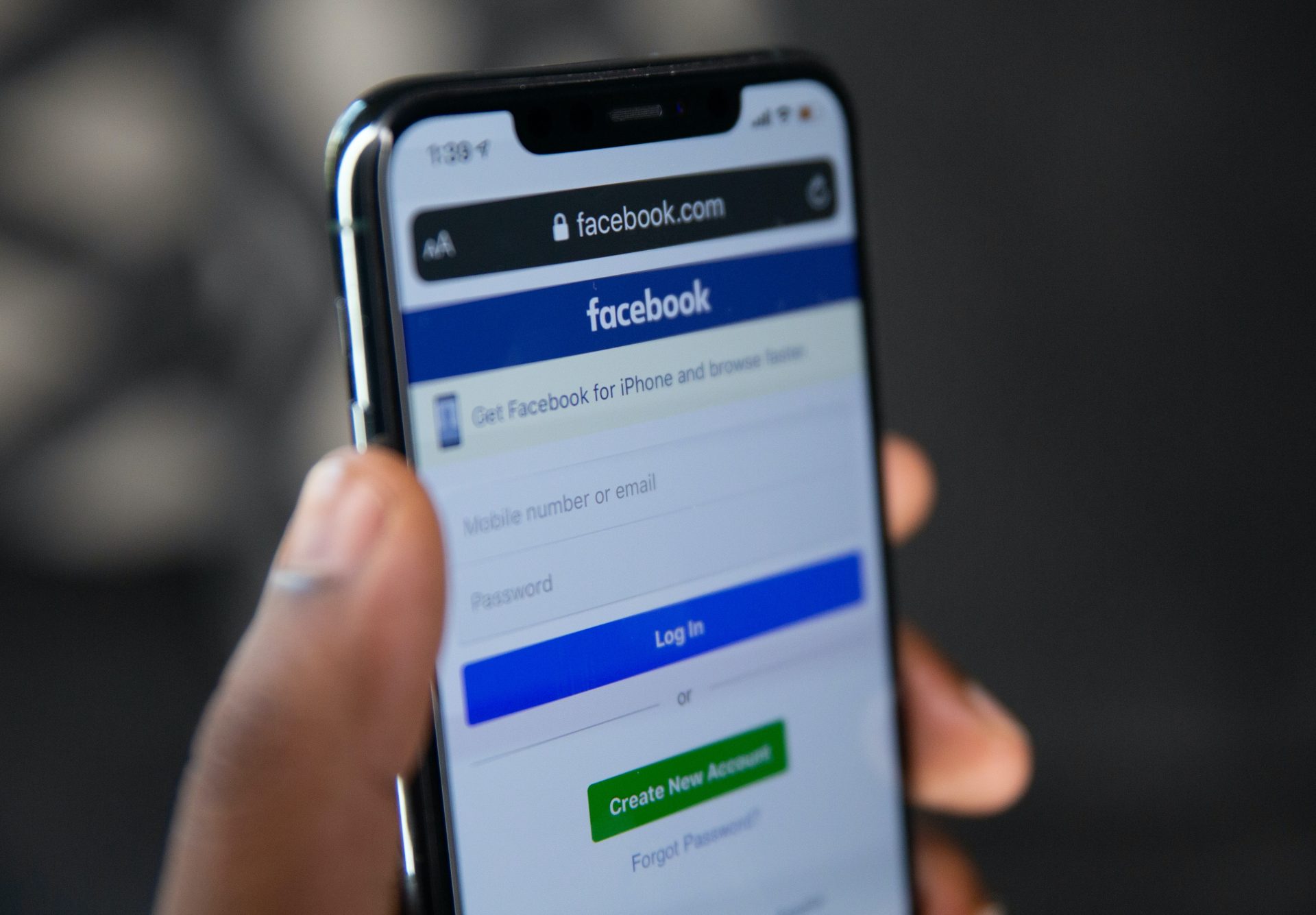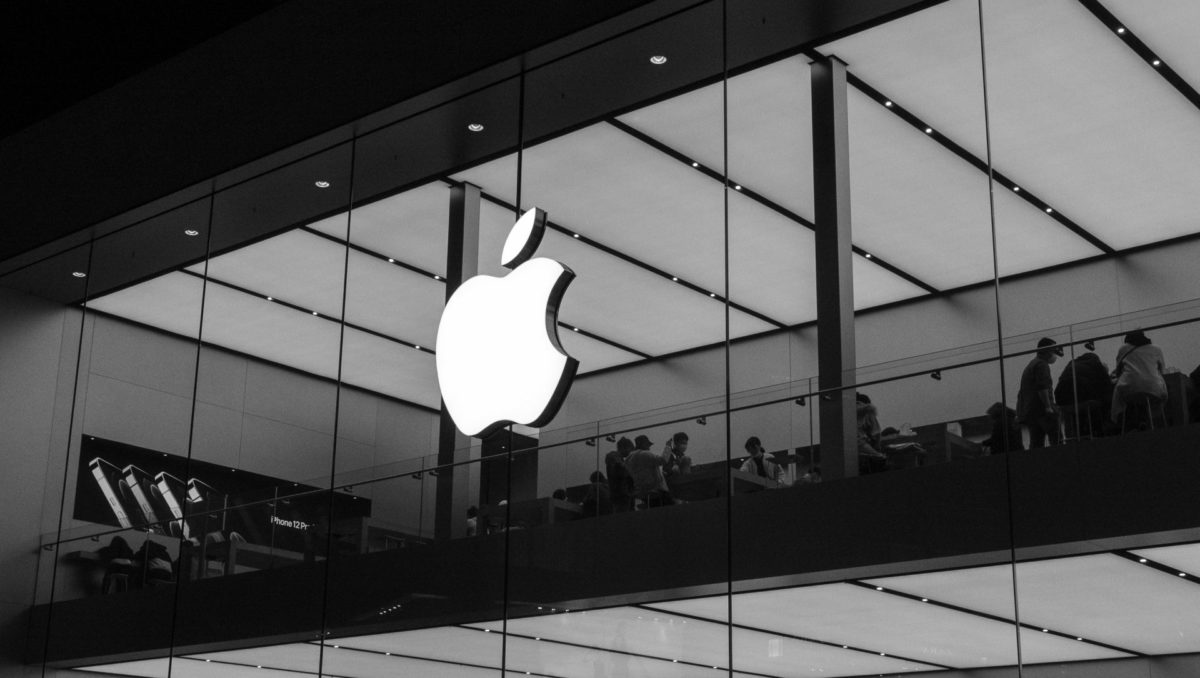Apple previously announced that at some point in Q1/Q2 of 2021 we’d be seeing the release of iOS 14.5 – along with all the normal updates that tend to come out with Apple that improve performance and add new features, this update was going to be of special interest to companies with iOS applications and advertisers.
In iOS 14.5 Apple promised a greater focus on privacy for users, likely initiated and spurred on by the greater discussion on user privacy and tracking in general. This is where they’d give users much greater control over their own data on app usage and how an application is allowed to use this for advertising. In a study by Social Media Marketer, 94% of advertisers said they used Facebook Advertising as part of their strategy.

What is going to change?
The most basic explanation of these changes is that all users of Apple devices will soon have to explicitly state that they OPT-IN to tracking their activity for advertising purposes – this will create “black holes” of data in your targeting, reporting and will likely have a negative impact on the performance of your campaigns.
How is it going to hit you and what can you do about it?
Well, first of all, there are two different groups of users that will be impacted and the results are different.
App advertisers
If you’re an app advertiser or business that relies on an app for business, there’s a lot of technical updates that are coming your way. All app advertisers targeting iOS 14 devices will lose the ability to measure lift on their app install and app event campaigns – a big hit if you’re basing your prospecting on the performance of these campaigns!
App advertisers will also see bigger delays in-app event data being fed back which also isn’t great if you’re using this data to make daily changes or adjustments to your strategy – with the biggest hit that reporting of conversion events in Facebook being delayed for up to 3 days after your app is initially installed – definitely not ideal.
Other advertisers
It’s not just app advertisers that have stormy seas ahead, all advertisers will feel the brunt of the Apple user data black holes and wider privacy-focused changes.
The issues that app advertisers are facing are caused by the SKAdNetwork API that Apple has introduced – this brings with it another acronym of data-loss, PCM (Private Click Measurement). This is an attribution protocol used to track activity that takes place when a user moves from in-app (Facebook, Instagram etc.) to a browser by clicking your ad. This activity won’t be tracked, so any purchase data, revenue figures etc. cannot be attributed back to the ad.

All advertisers will have also recently seen scary red notifications popping up in their accounts about attribution windows changing and caps on the number of events you can have – the basic thing to know here is that the new default attribution window (7-day click, 1-day view), which is a large drop from the previous default attribution model of 28 days. This is likely to have a pretty large impact on performance reporting, especially if you’re advertising a product or service that has a longer sales window.
With event caps, advertisers can now only have a maximum of 8 conversion events tied to a single pixel. Not likely a huge issue for most if you’re only tracking the main actions on sites like a contact form or a purchase, but if you’ve got lots of events set up for soft and hard touchpoints, you’ll likely lose them if you haven’t already chosen the 8 to prioritise.
How does this look for the user?
You’re unlikely to see fewer adverts or no ads at all. Instead, the ads you see will simply be taking more of a shotgun approach than a sniper rifle.
As targeting and granular user data is the devil that’s caused all this mess, highlighted in a very negative light in the Netflix documentary “The Social Dilemma”, the solutions that are removing this data will prevent advertisers from presenting relevant ads. Gone are the days of seeing ads for that new Callaway Driver if you’re a big golfer, instead you’re going to see ads for fishing rods even if you’ve never been in a boat.
Watch out
As of right now, you must keep an eye on your performance data in Facebook as well as wider advertising platforms – if it’s not being hit yet, it will – the more restrictions and privacy changes that come in, the less effective your targeting will be.
Advertisers are likely going to see huge drops in performance – one of the absolute core strengths of advertising on a platform like Facebook was previously the wealth of personal data that users would freely give up which would allow us to tailor the most perfect combination of interests, behaviours and demographics data.

Previously, we could target all Facebook users based on their interests, the pages they’ve followed, their online spending behaviour through third-party data and more. Now, with the click of a single button, all Apple device users can simply say “no” to any form of tracking – and there’s a lot of them!
Based on this data from StatCounter, Apple devices account for almost 30% of all users (with Android still holding pole position with 71% market share) – although these figures do change heavily by demographic so it could be helpful to look into user data for your target locations to get an idea of the potential black holes you may have popping up in your targeting, reporting and most importantly – the revenue figures!
Have questions about the upcoming changes? Get in touch with one of our specialists.




